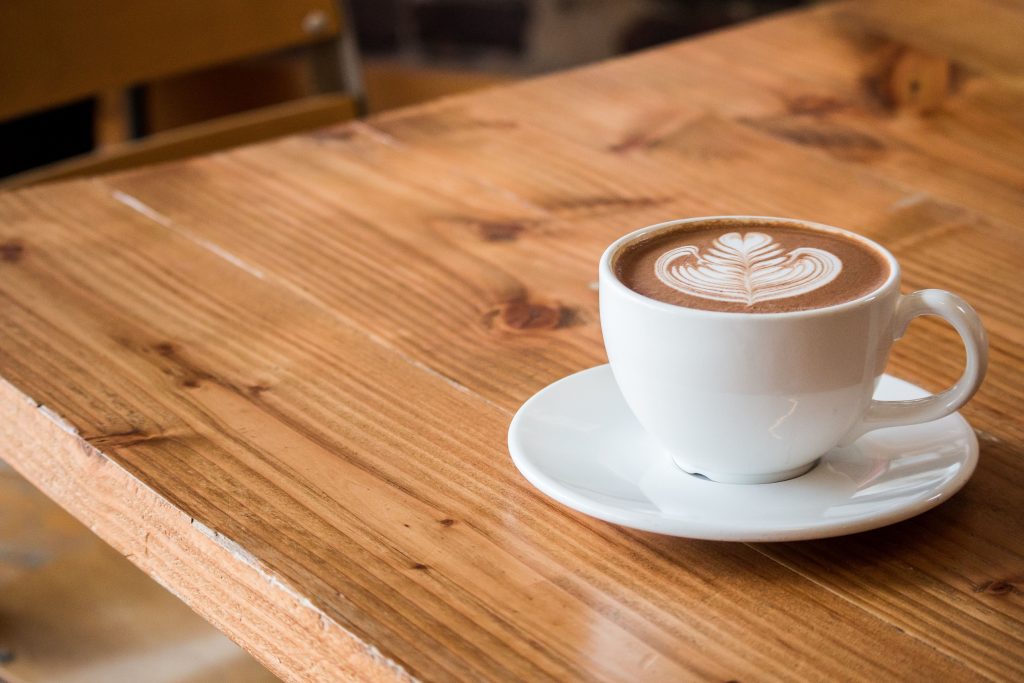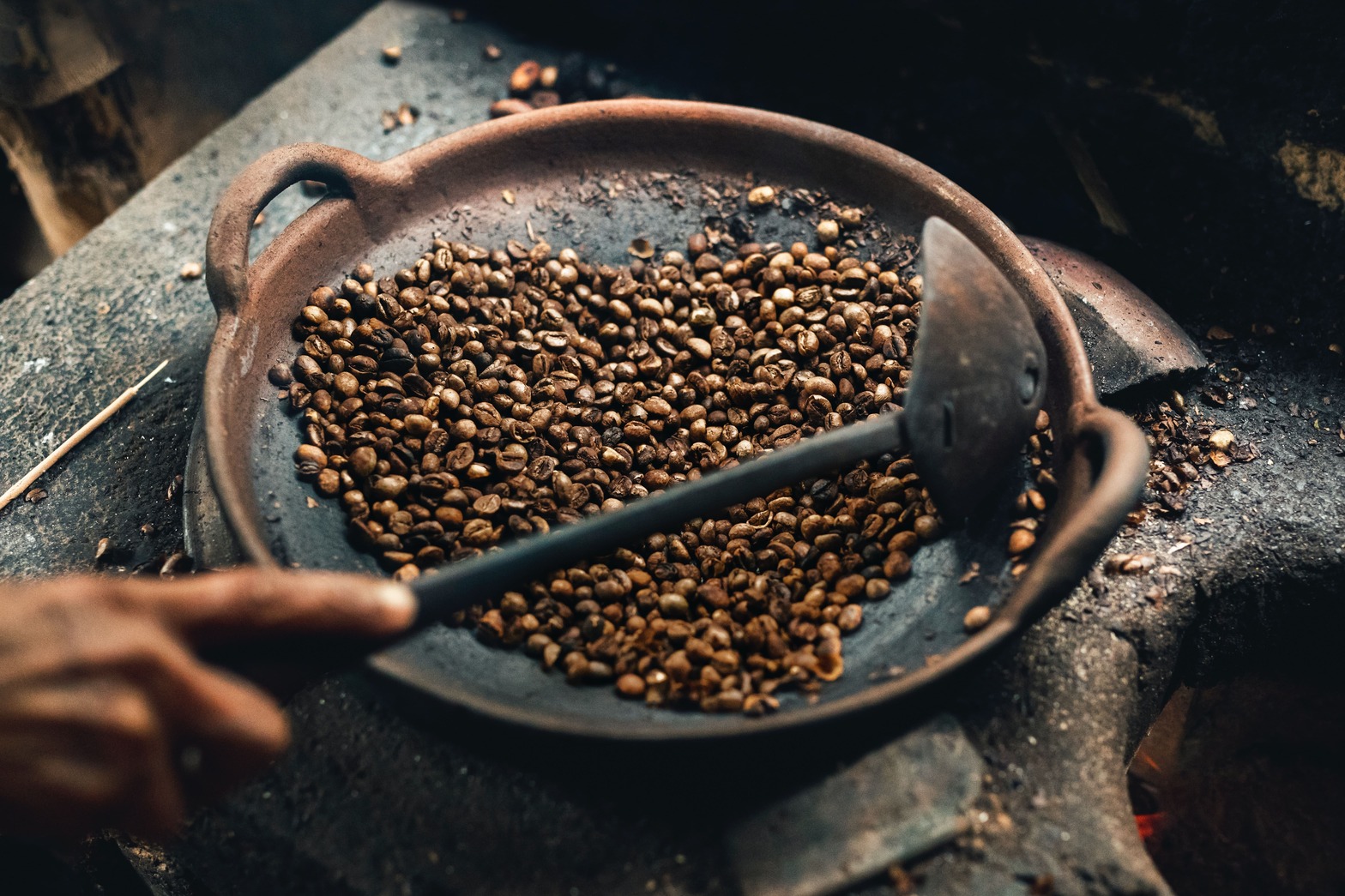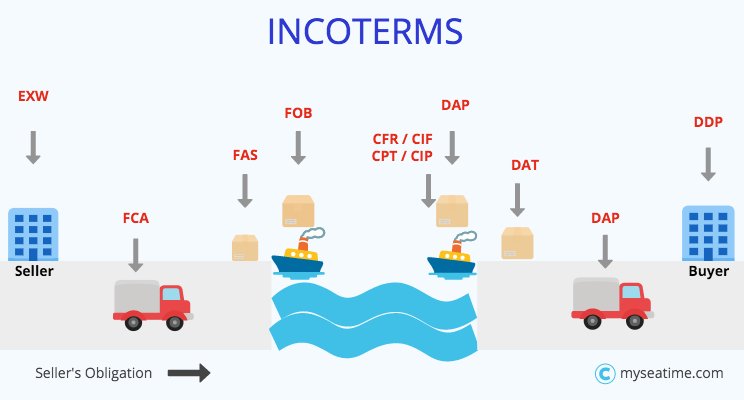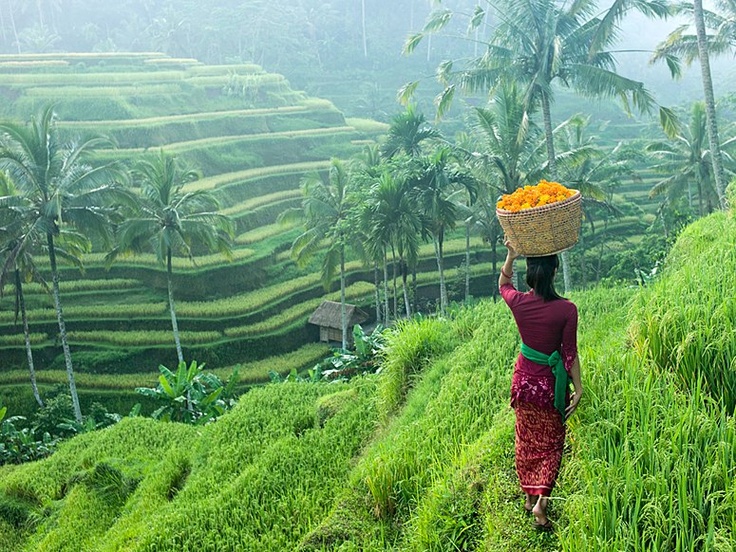Brewing Excellence: Exploring the Richness of Indonesian Coffee
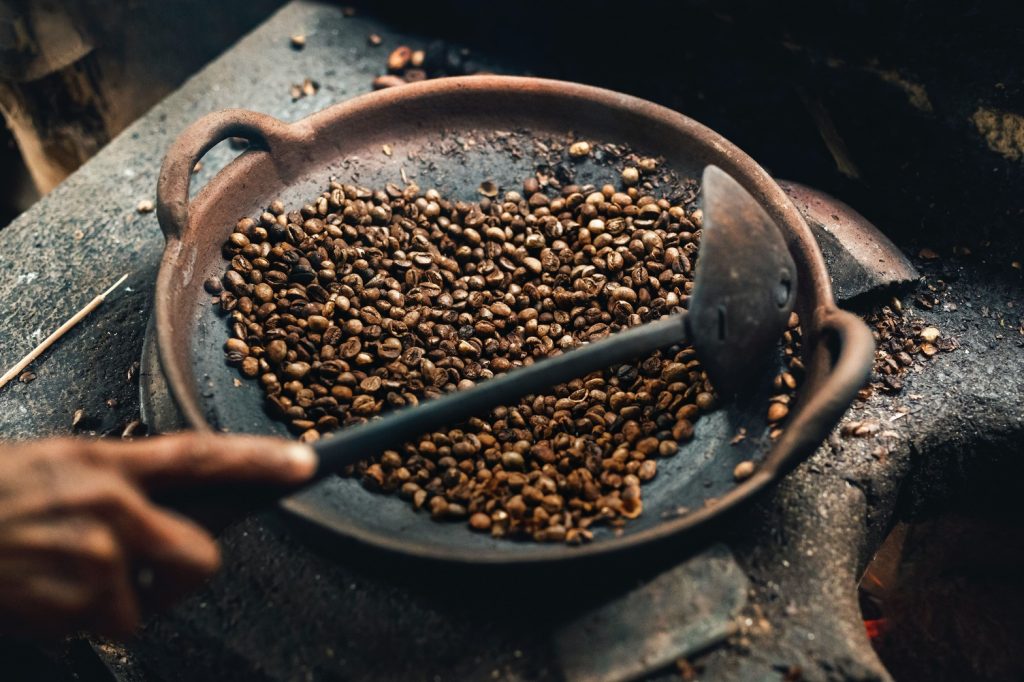
Indonesia, a tropical paradise renowned for its vibrant culture and breathtaking landscapes, also holds a special place in the hearts of coffee aficionados. With its ideal climate, fertile volcanic soil, and a legacy deeply rooted in coffee cultivation, Indonesia has emerged as a prominent player in the global coffee industry. In this blog, we embark on a flavorful journey to uncover the diverse range of Indonesian coffees, their unique characteristics, and the rich coffee culture that permeates the archipelago.
Historical Background :
Coffee production in Indonesia can be traced back to the late 17th century when Dutch colonialists introduced coffee cultivation to the fertile soils of the archipelago. The Dutch East India Company established plantations across the islands, marking the beginnings of Indonesia’s illustrious coffee legacy. Today, Indonesia is the fourth-largest producer of coffee in the world, known for its exceptional quality and distinct flavors.
Varieties of Indonesian Coffee
a) Sumatra Mandheling: Grown in the highlands of Sumatra, this coffee variety is renowned for its rich, earthy flavors, low acidity, and full body. It exhibits complex notes of dark chocolate, herbs, and a hint of sweetness, making it a favorite among coffee enthusiasts.
b) Java: Named after the island where it originated, Java coffee is celebrated for its smooth, well-balanced profile. It typically displays a medium body, delicate acidity, and a range of flavors, from fruity and floral to nutty and spicy. Java coffee is highly versatile and is commonly used in blends.
c) Bali Kintamani: Grown in the volcanic region of Mount Batur, Bali Kintamani coffee embodies the unique terroir of the island. It offers a medium body, lively acidity, and delightful flavors of citrus, chocolate, and spices. The coffee’s distinctively sweet aroma and bright acidity make it a popular choice for both espresso and filter brewing methods.
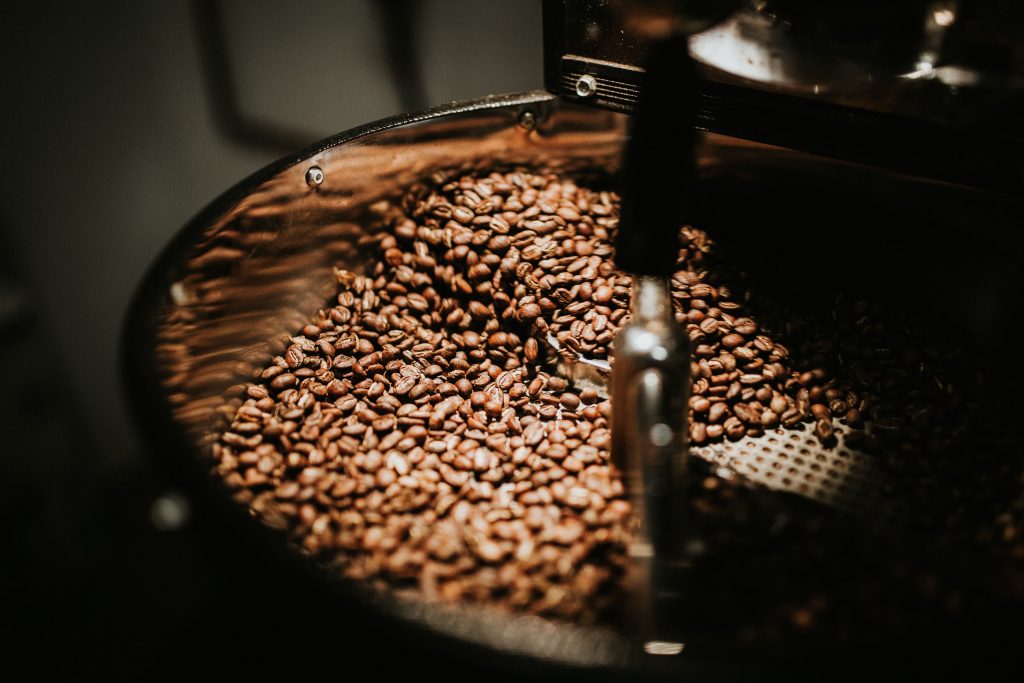
The Unique Processing Methods
Indonesia is known for its distinctive coffee processing techniques, adding further character to its brews:
a) Wet Hulled (Giling Basah): Widely practiced in Sumatra, this method involves removing the parchment layer of the coffee bean before it is fully dried, resulting in a unique flavor profile with low acidity and earthy tones.
b) Dry Process (Natural): Predominantly used in the region of Bali, this traditional method involves sun-drying the coffee cherries whole, allowing the fruit’s natural sugars to infuse the bean. The result is a sweet and full-bodied cup with prominent fruity and wine-like flavors.
c) Semi-Washed Process (Giling Sedikit): Found in Java and Sulawesi, this method combines aspects of both wet and dry processing. The cherries are pulped but still have a small amount of mucilage attached during drying, contributing to a balanced cup with medium acidity and a unique flavor profile.
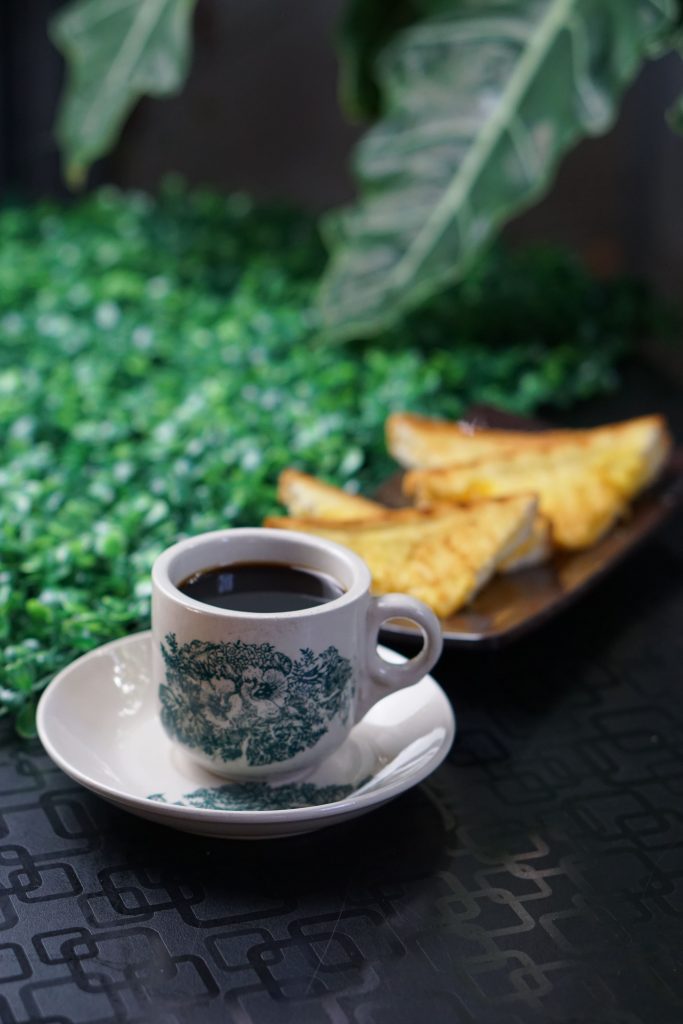
Coffee Culture and Experiences
Coffee is deeply ingrained in Indonesian culture, with the country boasting a vibrant coffee scene. From street-side coffee carts, known as “warung kopi,” to specialty coffee shops in urban centers, Indonesians take great pride in their coffee heritage. One cannot miss the famous “kopi tubruk,” a strong, finely ground coffee brewed directly in a cup, or the traditional “kopi luwak,” made from coffee cherries consumed and excreted by the Asian palm civet.
Coffee tourism has also gained traction in recent years, with many plantations and coffee estates welcoming visitors to witness the coffee-making process firsthand. Travelers can immerse themselves in the picturesque landscapes, interact with local farmers, and participate in coffee tasting sessions. Regions like Aceh, Toraja, and Bali have become popular destinations for coffee enthusiasts seeking an authentic and educational coffee experience.
Indonesia’s coffee industry has not only contributed to the country’s economy but also to social and environmental sustainability. Many coffee cooperatives and organizations work towards fair trade practices, supporting small-scale farmers and ensuring their well-being. Additionally, initiatives promoting sustainable farming practices and environmental conservation have gained momentum, focusing on preserving the unique ecosystems where coffee thrives.
Indonesian coffee is a testament to the country’s rich agricultural heritage and its people’s passion for producing exceptional brews. The diverse flavors, distinct processing methods, and vibrant coffee culture make Indonesian coffee a fascinating subject for exploration. Whether it’s sipping a cup of Sumatra Mandheling with its earthy undertones, enjoying the balanced flavors of Java coffee, or savoring the unique aromas of Bali Kintamani, Indonesian coffee offers an enchanting experience for coffee lovers.
As you embark on your own coffee journey, consider indulging in the captivating flavors of Indonesian coffee and supporting the sustainable practices that uphold its production. With every sip, you’ll not only enjoy the distinctive taste but also become part of the story that celebrates the rich heritage, traditions, and natural beauty of Indonesia’s coffee industry. So grab a cup of Indonesian coffee and let its flavors transport you to the lush landscapes and warm hospitality of this remarkable archipelago.
